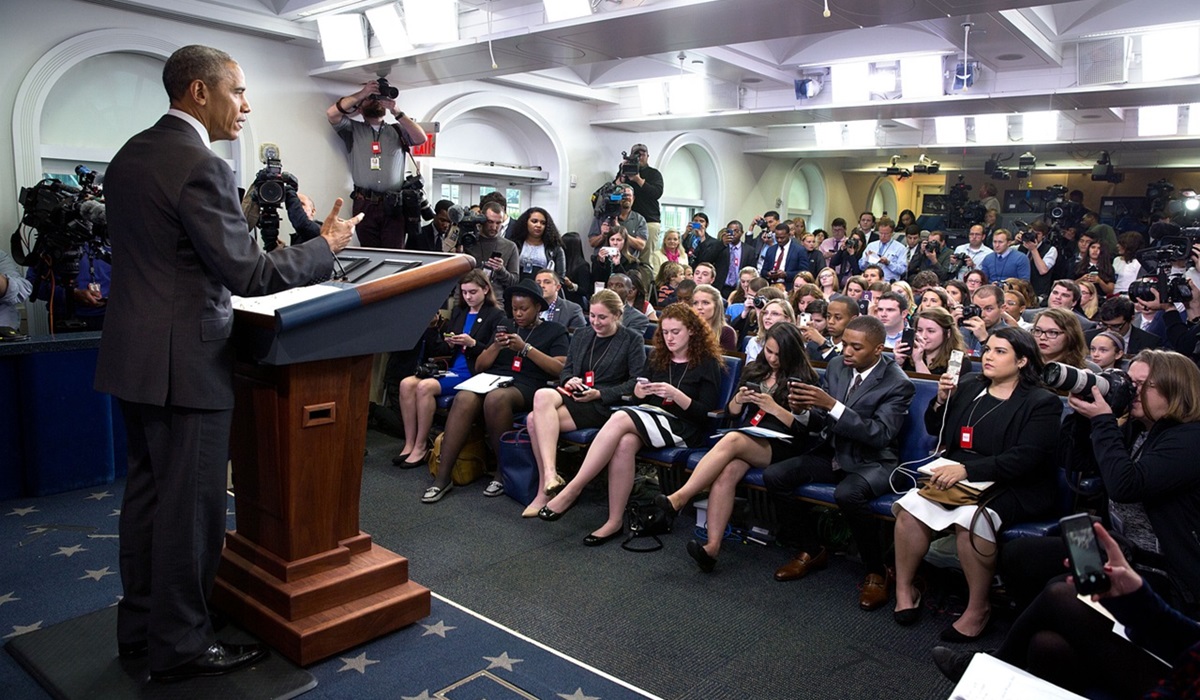Trump’s Era of European Stability vs. Biden’s Unstable Foreign Affairs
- TDS News
- Breaking News
- U.S.A
- June 9, 2024

The narrative around the stability of the world during Donald Trump’s presidency versus the tumultuous state under Joe Biden has become a topic of significant debate. Interestingly, this sentiment isn’t confined to Republican rhetoric anymore. Even some Democrats have started to voice their concerns, comparing the foreign policy outcomes of the two administrations. This shift in perception has profound implications, particularly when considering the current state of Europe, the escalated tensions with Russia, and the broader geopolitical landscape.
Under Trump, the argument goes, the world, particularly Europe, appeared more stable. Critics and supporters alike often mention his unorthodox approach to diplomacy, his cordial yet straightforward dealings with Russia, and his threats to withdraw the United States from NATO if other members didn’t increase their financial contributions. While these actions were seen by many as reckless or even treasonous, they arguably resulted in a period of relative calm between major powers. Trump’s administration was marked by its unpredictability, but there was a certain clarity in his stance against extensive U.S. involvement in foreign conflicts and his emphasis on direct, albeit sometimes abrasive, diplomacy.
Contrast this with the Biden administration, where the approach to foreign policy has reignited old tensions, especially with Russia. A significant shift in Russian policy has occurred, with Moscow now officially labeling the United States as an enemy state for the first time in decades. This declaration marks a stark departure from the somewhat wary but functioning relationship that existed under Trump. The Biden administration’s handling of the Ukraine crisis has been particularly contentious. The decision to supply Ukraine with long-range missiles, despite assurances that they are for defensive purposes only, has been perceived as a direct threat by Russia. This move, coupled with France’s vocal support for NATO troops to enter the conflict, signals a renewed Western aggression that Russia finds intolerable.
The situation is further complicated by NATO’s expansion. Historically neutral countries like Switzerland and Finland have been swayed into the organization, contravening past assurances that NATO would not encroach on Russia’s borders. This expansion is viewed by Russia as a direct provocation, exacerbating the geopolitical tension. Ukraine’s potential NATO membership is a significant red line for Russia, one that the West appears willing to cross despite the risks.
Republicans have been particularly vocal about their opposition to this strategy. They argue that an open-ended commitment of financial and military aid to Ukraine could escalate into a full-blown global conflict, one that the U.S. has no business entering. While there are no American combat troops officially deployed in Ukraine, the presence of U.S. personnel providing reconnaissance and logistics support blurs the lines. This involvement, they contend, is tantamount to having boots on the ground, dragging the U.S. deeper into the conflict.
Trump’s critical stance on NATO, his threats to reduce U.S. involvement unless other members paid their fair share, and his relatively cordial relations with Russia are now being reexamined. His administration’s approach, though heavily criticized, kept the superpowers in a state of uneasy peace. The current administration, however, is perceived as having mishandled these delicate relationships, leading to a more volatile global environment. Russia’s suggestion of arming countries hostile to the U.S. with long-range missiles is a direct consequence of this deterioration in relations, posing a new level of threat to Western security.
The Biden administration’s foreign policy decisions are not just affecting international relations but are also reverberating through domestic politics. The administration’s handling of crises, such as the ongoing conflict in the Gaza Strip, has alienated key demographic groups that were crucial to Biden’s victory in 2020. The Palestinian and broader Muslim and Arab communities feel betrayed by the perceived one-sided support for Israel, further complicating Biden’s chances for re-election.
Michigan, a state with a significant Muslim population, exemplifies this shift. Traditionally a Democratic stronghold, it is now considered a toss-up. This change reflects broader dissatisfaction with how the Biden administration has navigated foreign policy, particularly in regions with strong ethnic and cultural ties to the affected areas. This domestic backlash underscores a critical point: foreign policy blunders have tangible repercussions at home, influencing voter sentiment and potentially reshaping the political landscape.
Looking ahead to the next presidential election, the divisions within the American electorate are likely to deepen. Trump’s tenure, marked by a mix of controversy and unexpected stability, is being re-evaluated in light of the current administration’s perceived failures. As Americans weigh the chaos under Trump against the escalating crises under Biden, the choice becomes increasingly complex.
The upcoming election is poised to be a showdown of epic proportions. On one side, there are those who believe that Trump’s unorthodox methods kept major threats at bay and that his return could restore a semblance of global stability. On the other, there are those who view Trump’s tenure as a period of internal strife and external unpredictability, arguing that his return could exacerbate divisions and undermine democratic institutions.
What is clear is that the binary narrative of Trump versus Biden encapsulates a broader struggle over America’s role in the world. Under Trump, the U.S. adopted a more isolationist stance, prioritizing direct bilateral relationships and reducing commitments to international alliances. Under Biden, there has been a re-emphasis on multilateralism and a recommitment to traditional alliances, albeit with significant challenges and escalating tensions.
This dichotomy reflects a deeper philosophical debate about how America should wield its power on the global stage. Should it act as the world’s policeman, intervening in conflicts and upholding a liberal international order? Or should it pull back, focusing on direct threats and reducing its involvement in distant wars? Each approach has its merits and pitfalls, and the starkly different strategies of the two administrations highlight the difficulties in finding a balance.
As the world watches the U.S. grapple with these questions, the stakes are high. The current geopolitical climate is fraught with potential flashpoints, from the ongoing war in Ukraine to tensions in the South China Sea. How America chooses to engage—or disengage—will have profound implications not just for its own security but for global stability.
The argument that the world was more stable under Trump is gaining traction, not just among Republicans but also among some Democrats disillusioned with Biden’s foreign policy. The recent escalation in tensions with Russia, NATO’s aggressive expansion, and the Biden administration’s handling of international crises have all contributed to a sense of instability. As America approaches its next presidential election, the debate over these issues will intensify, shaping not just the future of U.S. foreign policy but also its domestic political landscape. The outcome will determine whether the country pursues a path of renewed engagement or retreats into a more insular stance, with all the attendant consequences for global peace and security.








